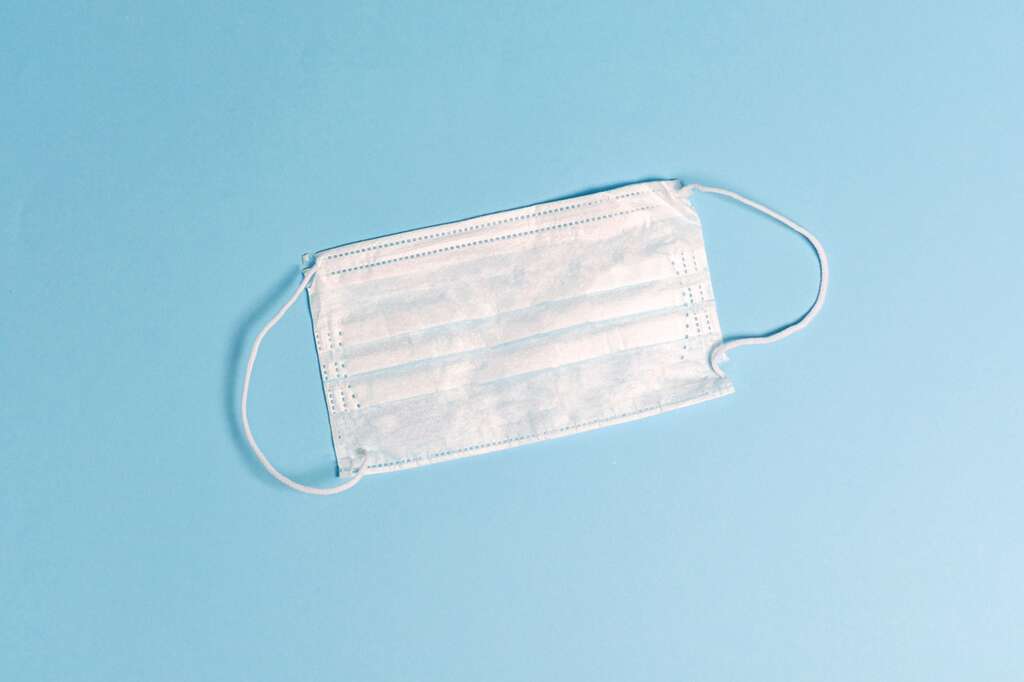When Will We Reach Herd Immunity for COVID-19?
Posted: Mar 25th, 2021 at 04:43PM

Safety in numbers. That's what herd immunity is all about. Sometimes called community or population immunity, this type of indirect protection from an infectious disease occurs when a significant portion of the population is immune to the illness.
When the majority of a population is protected from a virus or bacteria, outbreaks drastically decline. In addition, herd immunity is crucial for those who cannot be vaccinated – young children, people with immune system problems, and those who are too ill to receive vaccines.
How Can Herd Immunity be Achieved?
There are two paths to herd immunity – through vaccination and natural immunity.
However, particularly for COVID-19, the World Health Organization (WHO) supports herd immunity through vaccination alone, not by exposing a population to the disease.
"Attempts to reach "herd immunity' through exposing people to a virus is scientifically problematic and unethical. Letting COVID-19 spread through populations, of any age or health status will lead to unnecessary infections, suffering and death," the organization explains.
The herd immunity threshold varies depending on the disease. For instance, it requires 95% of the population to be vaccinated to get immunity from measles, and about 80% for polio.
For COVID-19, the precise number is not yet known. Some health experts initially estimated 60-70% of the population needed to reach immunity. However, recent studies have shown it could be much higher — around 70-90% — because of the highly contagious virus variants that continue to emerge.
Additionally, research is still in the works around how strong that protection is and how long it can last. The WHO is also looking into whether strength, length, type of infection (symptomatic or asymptomatic), and other factors impact people's capacity to develop an immune response.
As a result, experts have different views on when herd immunity can be reached or when the pandemic will slow down.
"The end [of the pandemic] is in sight."
Some health professionals are more optimistic than others. The transition to the "new normal" is still unclear, understandably, but they believe that the end of the current social and health crisis is within reach.
Dr. Marty Makary, surgeon and professor at the Johns Hopkins School of Medicine and Bloomberg School of Public Health, commented that COVID will be mostly gone by April. He draws this from the huge decline in COVID-19 cases in the U.S. because of natural immunity from prior infection.
Dr. Makary explains that the number of recovered cases likely to have developed natural immunity from coronavirus will come out to about 55% of the American population. Add to this the estimated 150 million people he believes will be vaccinated by end of March, and he takes this as a sign that the country is nearing or has reached the herd immunity threshold.
Similarly, The Harvard Gazette reports on Dr. Anthony Fauci's predictions. The director of the National Institute of Allergy and Infectious Diseases asserts that if the vaccination campaign goes well, herd immunity could be achieved by the end of summer 2021.
Dr. Fauci explains that this is dependent on the number of Americans willing to be vaccinated. If 75-80% of Americans are inoculated by the second quarter of 2021, then the country should reach herd immunity toward the end of the year. He also notes that if done efficiently, the U.S. can approach some degree of normality close to where they were before.

Challenges Affecting the Herd Immunity Threshold
On the other hand, some experts posit that the road to herd immunity is not that simple.
First, if the vaccination levels fall short, it will take a longer time to reach the immunity threshold or result in the virus spreading too quickly. Also, some people don't get all the required shots to be completely protected from the disease.
Another challenge is that about a third of the American population says they won't get vaccinated (anytime soon). Plus, about 20% of the country's population are children under the age of 16 who aren't eligible for a vaccine. Without these segments, herd immunity could be difficult to achieve.
Other factors can influence the country's goal to reach population immunity – highly transmittable COVID-19 variants from other countries, the varying duration and strength of immune responses from people, or re-contractions by some patients.
Finally, some emphasize that herd immunity should be done on a global scale. Even if the country has vaccinated a significant portion of the population by the end of 2021, the virus could still circulate or mutate in unvaccinated countries. This could make the original vaccine less effective or even cause new outbreaks.
The Bottom Line
Health experts, researchers, and medical professionals continue to study COVID-19, hoping for the end to come within reach. While there is still no definite answer on when and how best to achieve herd immunity, there are still ways we can combat and minimize the spread of the disease.
Do your part and continue to practice these health protocols:
- Avoid close contact with anyone who has symptoms. Stay at home if you're feeling unwell.
- Avoid sharing bedding, dishes, glasses, utensils, and other household items if you or a family member is possibly sick.
- Cover your mouth and nose with your elbow or a tissue when coughing or sneezing. Dispose of the used tissue right away.
- Clean and disinfect high-touch surfaces as often as possible.
- Do not touch your eyes, mouth, and nose.
- Go outside only when essential. When outdoors, maintain a safe distance from others (at least six feet). Avoid crowds and indoor spots with poor ventilation.
- Wash your hands properly with soap and water. If that's unavailable, use a hand sanitizer with at least 60% alcohol content.
- Wear your mask the right way, ensuring that it covers your nose and mouth. This is especially important when social distancing is difficult to observe.
More importantly, the WHO emphasizes that the safest way to achieve herd immunity is through vaccination. Vaccines train our immune system to create antibodies that can fight the virus. Those who are vaccinated have a significantly reduced risk of getting and passing the pathogen, thus limiting transmission and lowering the spread to the greater population.
Essentially, herd immunity through safe and effective vaccination saves lives and makes vaccine-preventable diseases less common. Plus, it helps keep vulnerable individuals protected from the disease.
Don't forget that e7 Health offers COVID-19 antibody testing. Schedule your appointment today.

















